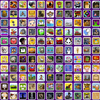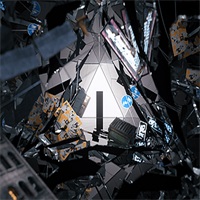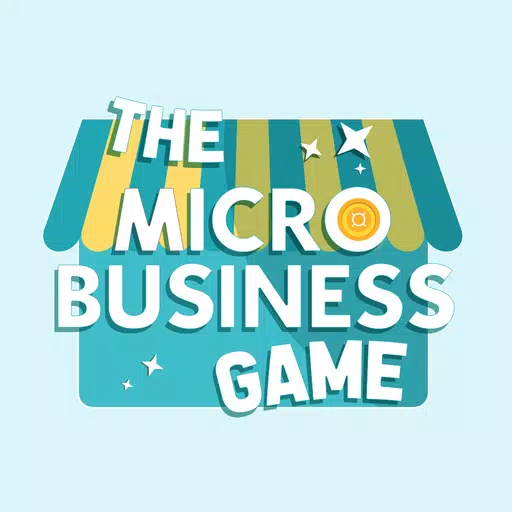Japan Arrests First Alleged Nintendo Switch Modder in New Era of Video Game Piracy
Video game piracy has reached a new milestone with the Japanese police arresting an individual for the first time on charges related to modifying Nintendo Switch hardware. According to reports from NTV News and translated by Automaton, a 58-year-old man was apprehended on January 15, 2025, suspected of breaching the Trademark Act. He allegedly modified Switch consoles to play pirated games and sold these altered units.
The modification involved welding specialized parts onto the circuit boards of second-hand consoles, enabling them to run unauthorized games. The suspect reportedly loaded each console with 27 pirated games and sold them for ¥28,000 ($180) each. He has confessed to the allegations and is under further investigation for potential additional offenses.
Nintendo has been actively combating piracy for years. In a notable instance in May 2024, the company issued a takedown request for 8,500 copies of the Switch emulator Yuzu, following its initial removal two months earlier. Nintendo's lawsuit against Yuzu's developer, Tropic Haze, highlighted the significant piracy of their flagship title, The Legend of Zelda: Tears of the Kingdom, which was illegally downloaded over a million times before its official release in 2023.
Legal actions against piracy are becoming increasingly prevalent. Nintendo has won substantial lawsuits against platforms facilitating piracy, such as RomUniverse, which was ordered to pay $2.1 million in damages in 2021 and over $12 million in 2018. Additionally, Nintendo successfully blocked the release of the GameCube and Wii emulator Dolphin on the Steam platform.
This week, insights into Nintendo's stance on piracy and emulation were shared by a patent lawyer representing the company. Koji Nishiura, Assistant Manager of Nintendo's Intellectual Property Division, discussed the legality of emulators, stating, "To begin with, are emulators illegal or not? This is a point often debated. While you can’t immediately claim that an emulator is illegal in itself, it can become illegal depending on how it’s used."
-
The meteoric rise of Marvel Rivals, NetEase's multiplayer game, has been met with both praise and legal trouble. Although the game rapidly attracted millions of players, its success has been shadowed by serious legal issues for the developer.In JanuaAuthor : Violet Dec 22,2025
-
Digimon Con 2025 has teased a new TCG announcement for fans.Strong hints suggest a mobile-related project is in development.Could this be a potential competitor to Pokémon TCG Pocket?For fans of the long-running Digimon franchise, the upcoming DigimoAuthor : Alexis Dec 21,2025
- Spring Valley Farm Game: January 2025 Redeem Codes
- WWE Superstars Join Call of Duty Warzone: Mobile Roster
- Midnight Girl is a minimalist point-and-click adventure set in Paris in the 60s, now open for pre-orders on mobile
- Mobile Legends: Bang Bang – Best Lukas Build
- "Grand Outlaws Unleashes Chaos and Crime on Android Soft Launch"
- Video Game Song Surpasses 100 Million Streams on Spotify






















